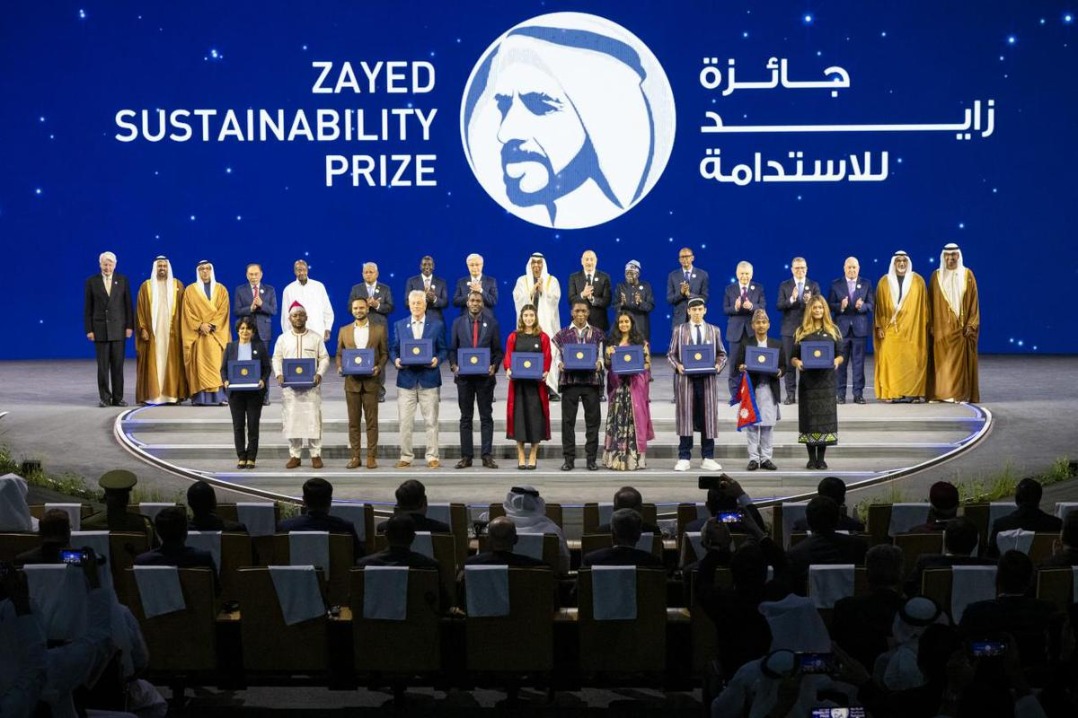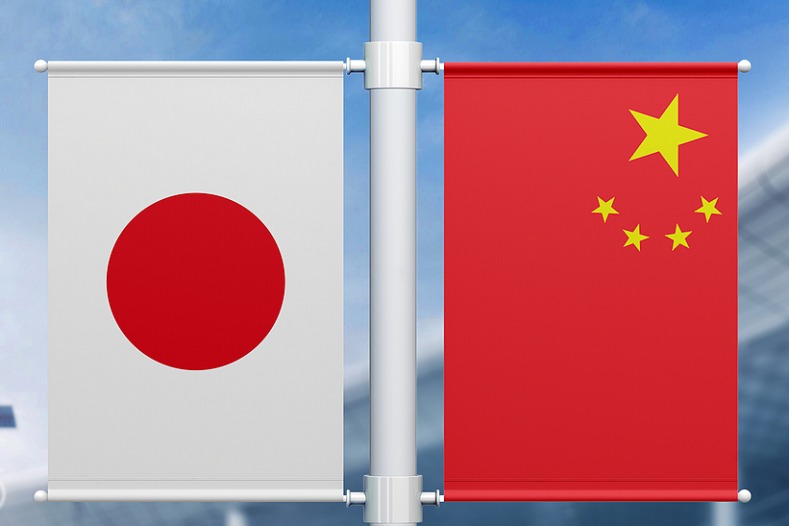'Barefoot doctors' continue to inspire public health collaboration

More than 60 years ago, barefoot doctors from China inspired local communities in Africa and many other developing countries to participate in primary healthcare, with the system later recognized by the World Health Organization in the Alma Ata Declaration of 1978.
In recent years, with intensified cooperation and exchanges between China and Africa, community public health has become a focus for bilateral cooperation again.
In a cooperative agreement signed in Nairobi, Kenya in July by Vanke School of Public Health, Tsinghua University and Kenya's Amref International University, the two sides have agreed to work together on public health research in Kenya and the whole East African region, focusing on community healthcare services including maternal and infant health, reproductive health, infectious and chronic diseases.
Tang Kun, an associate professor from Tsinghua University's Vanke School of Public Health, said the school hopes to find effective methods that suit local conditions to improve the supply of primary healthcare services in Kenya and other African countries through cooperation with local partners.
"People in many African countries face multiple health risks such as infectious and chronic diseases, and the most important way to prevent these health risks is to conduct public health and medical care interventions at community level. This is also one of the most important experiences in public health China has accumulated over the past decades," he said.
Through working with researchers from AMIU, Chinese researchers will have a better understanding of local healthcare systems and communities in Kenya, which serves as basis for effective public health intervention, Tang said.
The signing of the agreement between was followed by AMIU presenting a film depicting China's barefoot doctors as gift to Tsinghua University. Barefoot doctors, many of them farmers with basic medical skills, thrived in rural areas of China in the 1960s and 70s and played a significant role in improving health for hundreds of millions of people at a time when doctors and other healthcare resources in China's rural areas were in short supply.
The film was used by Amref Health Africa, a major non-governmental organization which owns AMIU, as training material for community health workers in East Africa, said Tammary Esho, the university's deputy vice-chancellor for academic and student affairs.
Building on this legacy of cooperation, the university looks to strengthen collaboration with China in various areas, she said.

































